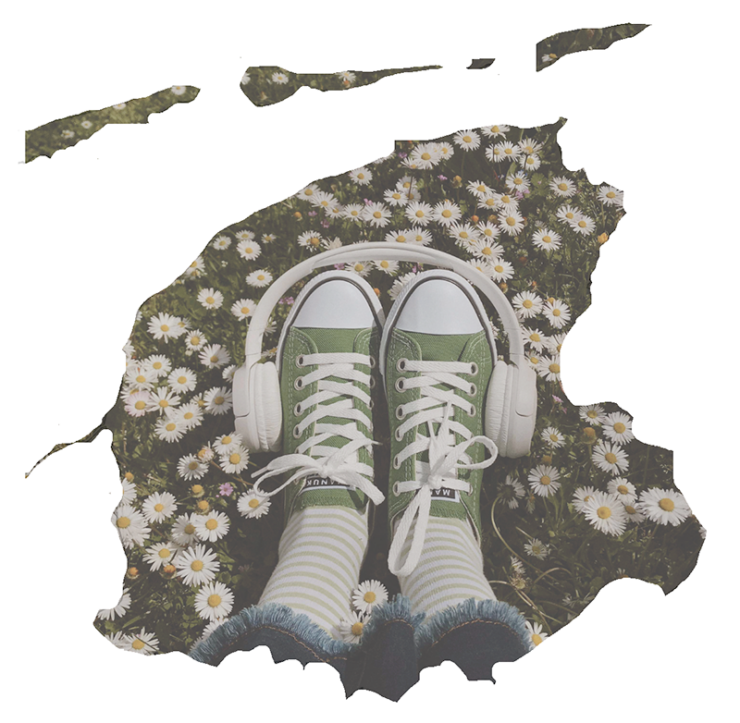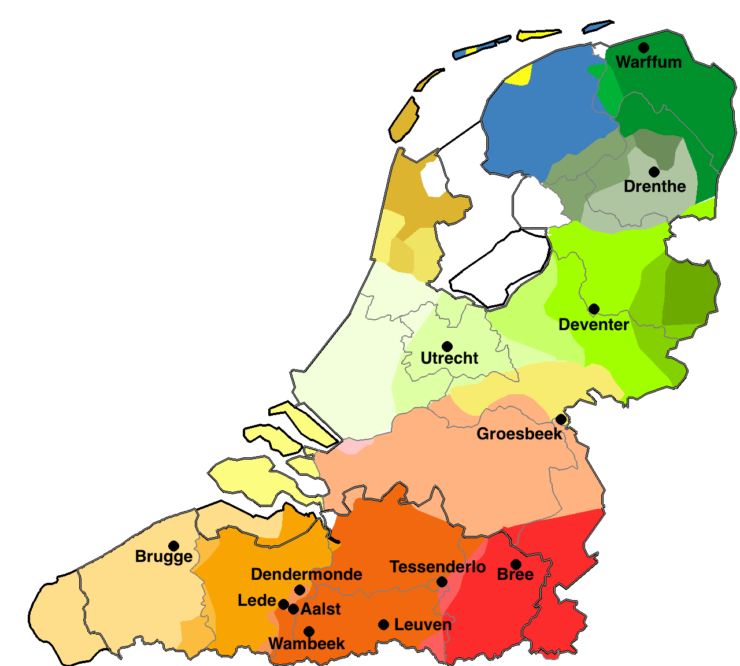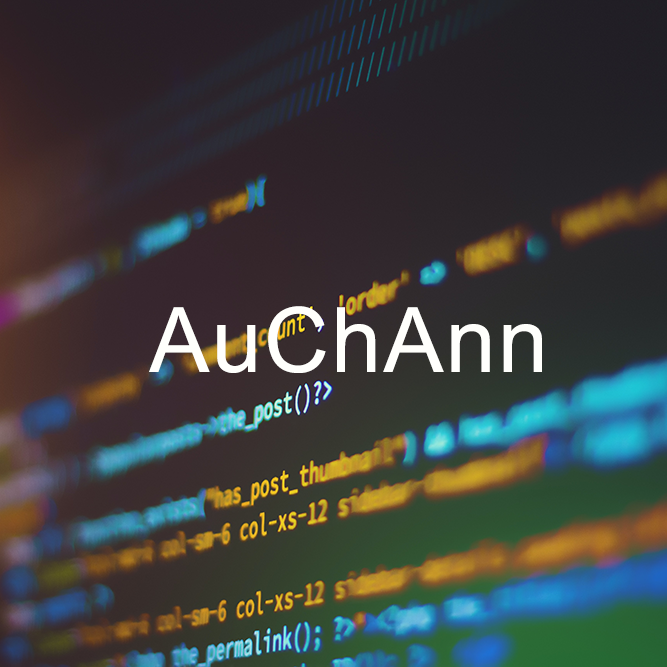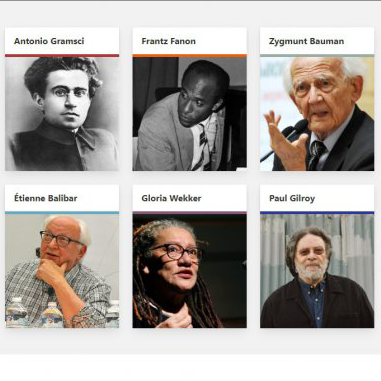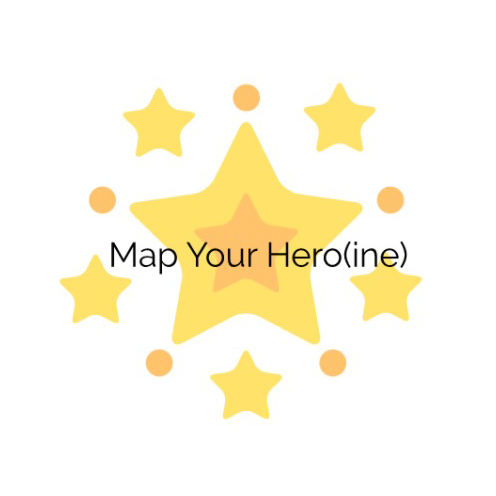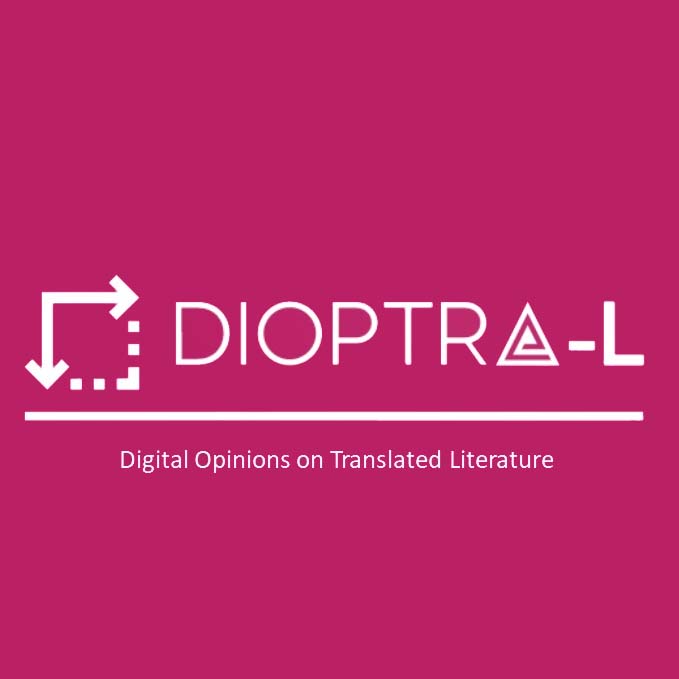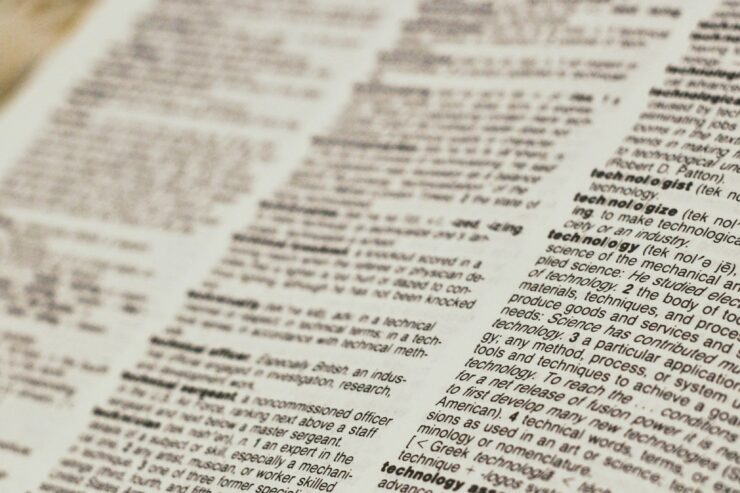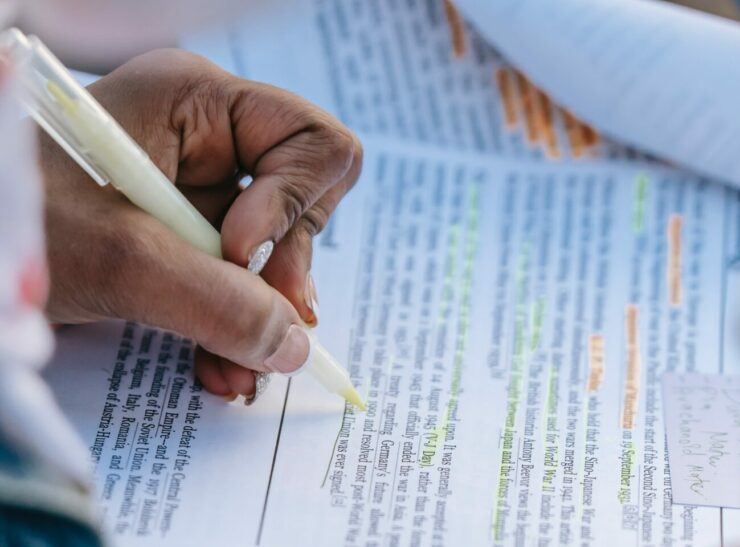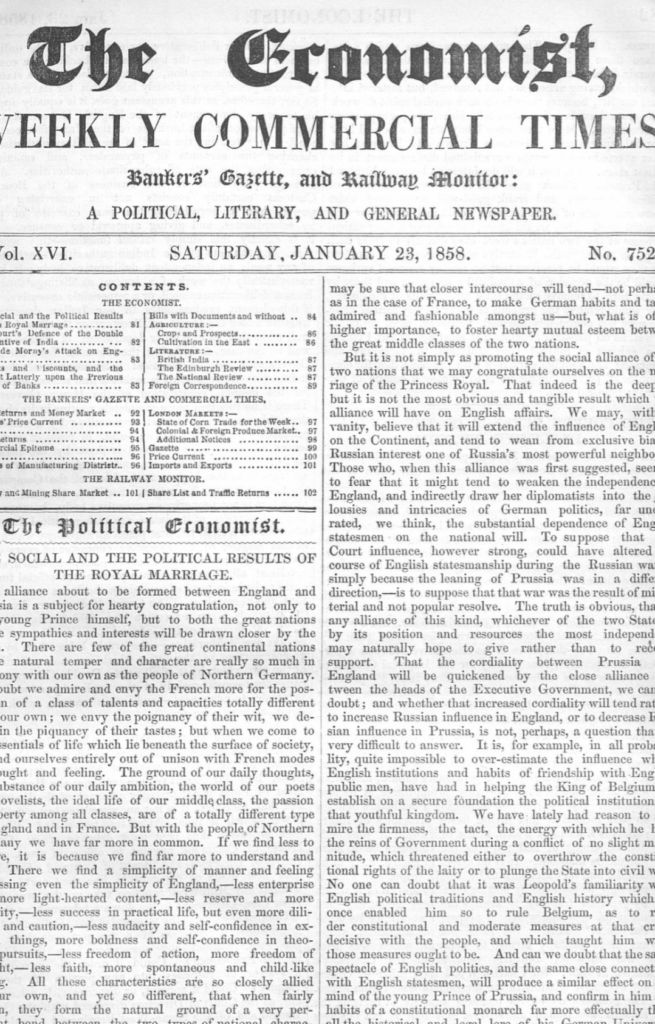Frisian dialects project
The Frisian dialects projects is a tool to collect Frisian language data in an online experiment in the form of a game.
Dutch Dialect Idioms database
The ‘Dutch Dialect Idioms’ database is an online database of idioms in 13 Dutch dialects, publicly accessible and easily searchable.
Automatic CHAT Annotation Tool (AuChAnn)
AuChAnn – Automatic CHAT Annotation tool – is a python library that can read a Dutch transcript and interpretation pair and generate a fitting CHAT annotation.
Digital Atlas of Postcolonial Europe
The Digital Atlas of Postcolonial Europe project visualizes the connections of the lives, works, and legacies of prominent postcolonial intellectuals in Europe.
Map your hero(ine)
Map your hero(ine) is a small-scale project for which the Digital Humanities Lab developed a web application with a database, online survey and visualizations.
Digital Opinions on Translated Literature (DIOPTRA-L)
The DIOPTRA-L corpus is a database with 280.000 user-generated reviews of more than 150 books that have been translated into 8 languages.
The Glossary Project – Graphical randomizer for glossary concepts
A graphical randomizer for glossary concepts. The tool is used to spark curiosity and conversationvarious glossart concepts.
LiNT
LiNT provides an estimate of text difficulty based on a readability study in which text features are linked to levels of text comprehension.
AnnCor and Multiword Expression Identifier
The central goal of this project is to create a Multiword (e.g. De plaat poetsen.) Expression Identifier for Dutch (MWEIDD) and enrich various Dutch text corpora with annotations based on this Identifier.
Visual pattern recognition and (meta) data extraction
The project created a workbench that can be used for computationally analyzing large datasets of visual material. It is designed to cater to the needs of researchers in a range of studies who work with digitized visual material.
Footprinter, a tool for the analysis of the Oceans of Light corpus
Footprinter is designed to discover the Qur’an citations in this corpus of legal texts.
Historical Newspapers
During the Historical Newspapers project, a large corpora of newspaper articles was aggregated, along with tools for sentiment analysis and spatial analysis.


